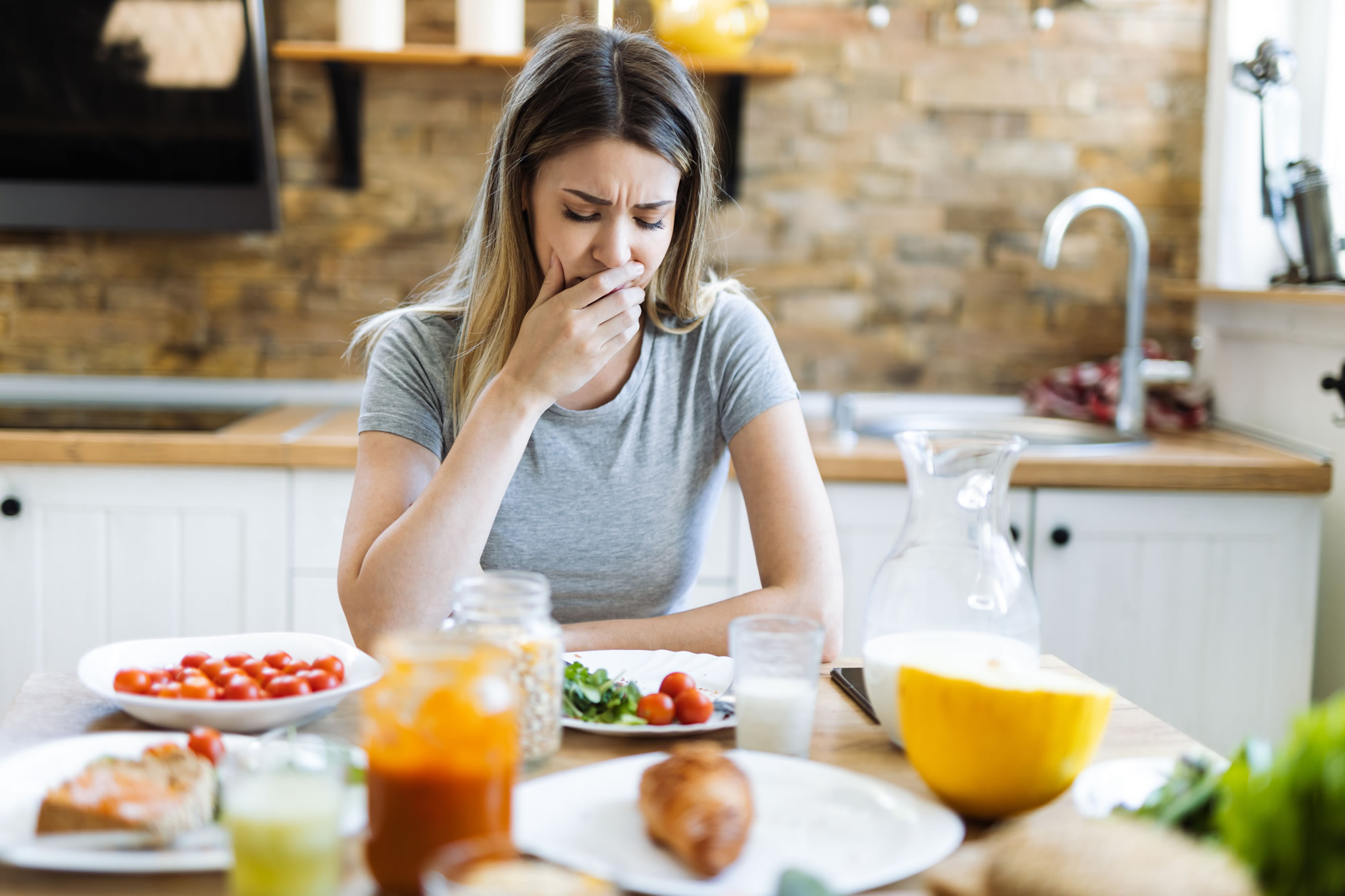Food poisoning is an ordeal nobody wants to endure. Its duration and severity can vary significantly depending on factors including the type of bacterium consumed and the immunity of the individual who fell ill. Whether you are facing a brief bout of illness or a prolonged recovery, understanding the process can help ease the journey back to health.
What Causes Food Poisoning?
Foodborne illness occurs when an individual consumes contaminated food or beverages. Bacteria such as E. coli, Staphylococcus aureus, and Salmonella can multiply rapidly when food is left at temperatures between 40°F and 140°F, causing the individual consuming the food to become ill.
How Soon Does Food Poisoning Strike?
Contrary to common belief, food poisoning symptoms may not manifest immediately. How quickly an individual falls ill after eating contaminated food depends largely on the type of bacterium that is consumed. For example, individuals who consume food contaminated with Staphylococcus aureus toxins can begin experiencing symptoms in as little as 30 minutes, while symptoms of food poisoning caused by Enterohemorrhagic E. coli can take more than a week to develop.
Recovery Timeline
Most individuals recover from food poisoning within one to two days. However, some individuals may show symptoms of food poisoning for several weeks. Food poisoning can also result in other medical complications from which individuals never recover.
Tips for Speedy Recovery
There is no magic cure for food poisoning, but supportive measures can aid recovery:
1. Hydration: Drink plenty of fluids to replenish lost electrolytes and prevent dehydration.
2. Rest Your Digestive System: Avoid solid foods for 24 hours to allow your digestive system to recuperate. Gradually reintroduce bland, high-carbohydrate foods like bananas, rice, applesauce, and toast.
3. Over-the-counter Medications: Consider antidiarrheal medications to manage symptoms.
4. Dietary Considerations: Stick to bland and easily digestible foods. The BRAT diet (bananas, rice, applesauce, toast) can help alleviate symptoms.
Understanding the recovery process and implementing supportive measures can facilitate a smoother journey back to wellness after a bout of food poisoning.
DISCLAIMER: The information provided on this website is not a substitute for professional medical advice, diagnosis or treatment. Always consult with a qualified and licensed physician or healthcare professional and follow their advice regardless of anything you read on this website.






